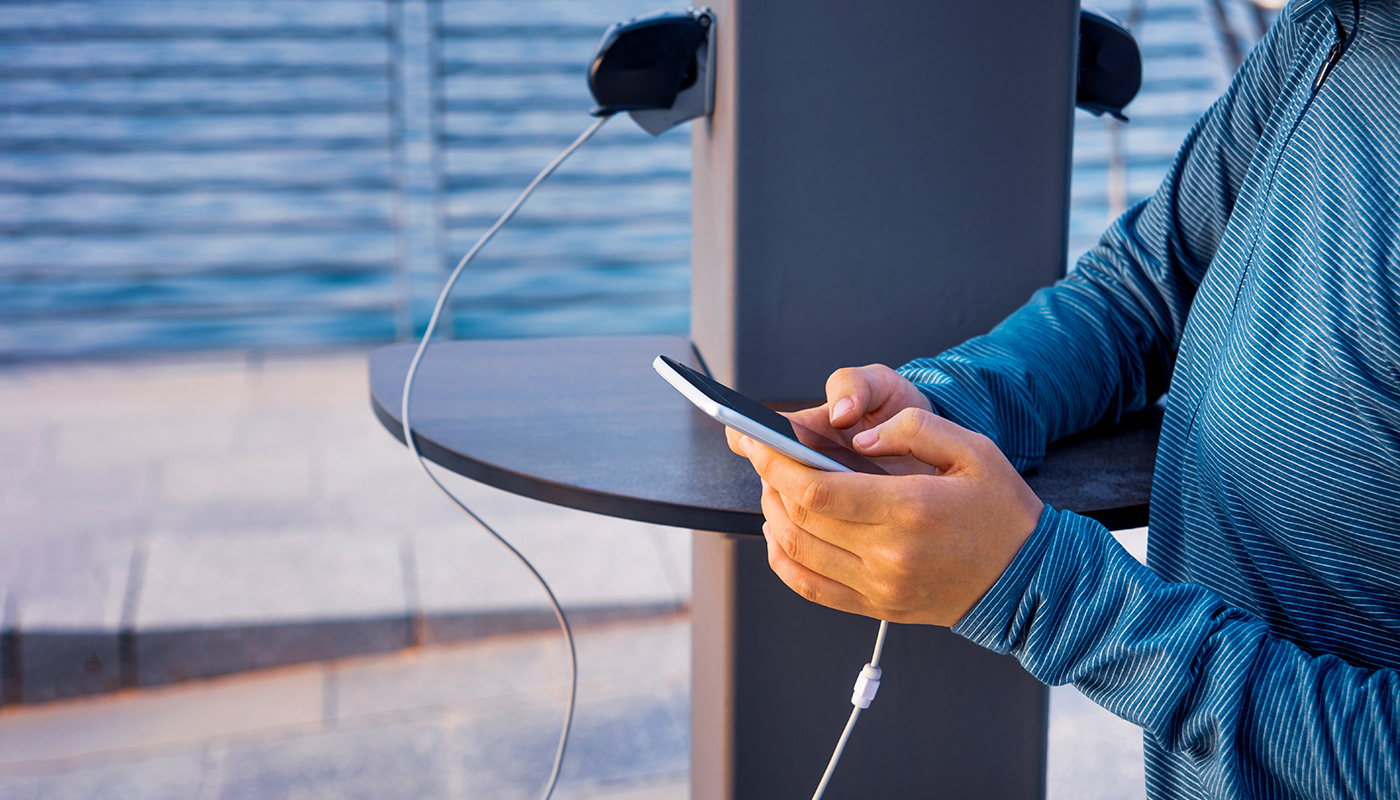Introducing Juice Jacking
Experts warn about a new potential cyberthreat at public phone charging stations. Learn how to protect your devices from it.
 iStock
iStock
With cellphones, tablets, laptops and other portable electronic devices now essential to our professional and personal lives, it was probably just a matter of time before criminals would find another way to target our personal information.
What is juice jacking?
Two major federal agencies—the Federal Communications Commission (FCC) and the Federal Bureau of Investigation (FBI)—are warning people not to plug devices into public charging stations, such as those at airports, on planes or in hotel lobbies, due to the threat of what’s being called juice jacking.
Juice jacking is when digital thieves install malware in public charging stations that can potentially lock your device or even export your personal data directly to the perpetrator while you’re charging the batteries. In most cases, you’d have no idea it was happening.
How to evade phone hacking at public phone charging stations
The good news? Although possible from a technological standpoint, there have been no reported instances of juice jacking. Still, digital thieves are sneaky, so it’s better to err on the side of caution. Here are some tips provided by the FCC for guarding against this new potential threat.
- Pack for power: Use regular AC power outlets in public. When traveling, pack AC cords, car chargers and USB cables. Or, bring a portable charger.
- Charge ahead: Travel with a fully charged phone and external battery.
- Consider the source: Bring a charging-only cable, which won’t transmit data.
- Be picky about plugging in: If plugging in to a USB port, always select the Charge Only prompt.
- Exercise caution in public: Cybercriminals can use public WiFi networks to target travelers. Learn more about safeguarding your information from the FCC consumer guide, Wireless Connections and Bluetooth Security Tips.